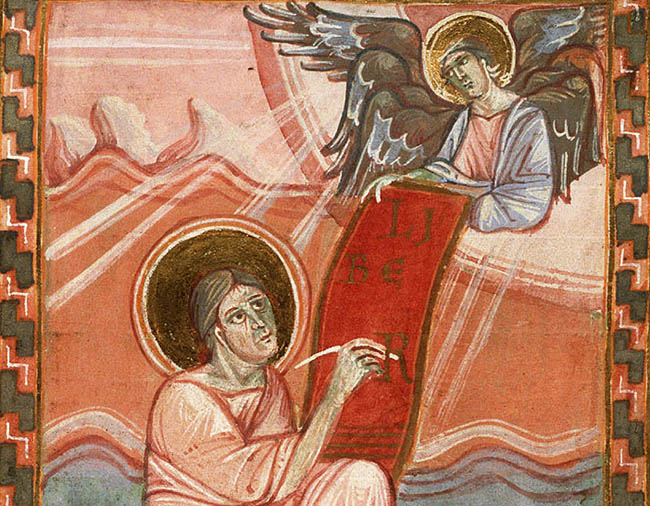
I found the link to this story which appeared a couple of years ago in The Atlantic on the ACT website. Entitled “Study Theology Even if You Don’t Believe in God,” it argues that theology is still the “Queen of the Humanities” because “theology is the closest thing we have at the moment to the kind of general study of all aspects of human culture that was once very common, but is now quite rare.”
To study theology well requires not faith, but empathy. If history and comparative religion alike offer us perspective on world events from the “outside,” the study of theology offers us a chance to study those same events “from within”: an opportunity to get inside the heads of those whose beliefs and choices shaped so much of our history, and who—in the world outside the ivory tower—still shape plenty of the world today.
I do not agree that one can study theology well without faith. Without faith, I think theology devolves to religious studies rather than theology. But here I am showing my bias. Her central point, I think, still stands, all the more in a world where the humanities are marginalised in favour of other more robust and ever-so-practical disciplines, such as business, law, and the sciences. I am all for business, law and the sciences, but I fear the loss of the humanities threatens us with the loss of our humanity. While instrumental reason can effect vast changes in our understanding and utilisation of the world and its resources, it may do so at the expense of those very factors which constitute us as truly human. According to businessdictionary.com, instrumental rationality is the dominant mode of thought in the industrialised world, and works by reducing all factors in any situation to “variables to be controlled.” Such reductionism sounds somewhat like the unjust judge of Jesus’ parable: “I fear not God nor respect man.”
Theology protests such reductionism by insisting that humanity is created in the image of God, to serve as a steward in God’s creation, ordering all things to God’s good purposes. Theology reflects upon the nature, origin and destiny of humanity and the human community within the orders of creation and redemption. Such reflections serve to limit human greed and hubris, and so the uses toward which instrumental reason may be devoted. The study of theology can serve as a bulwark against the dehumanising features of modern technological society, helping us retain a vision of what it means to be human, instead of seeking to be gods.